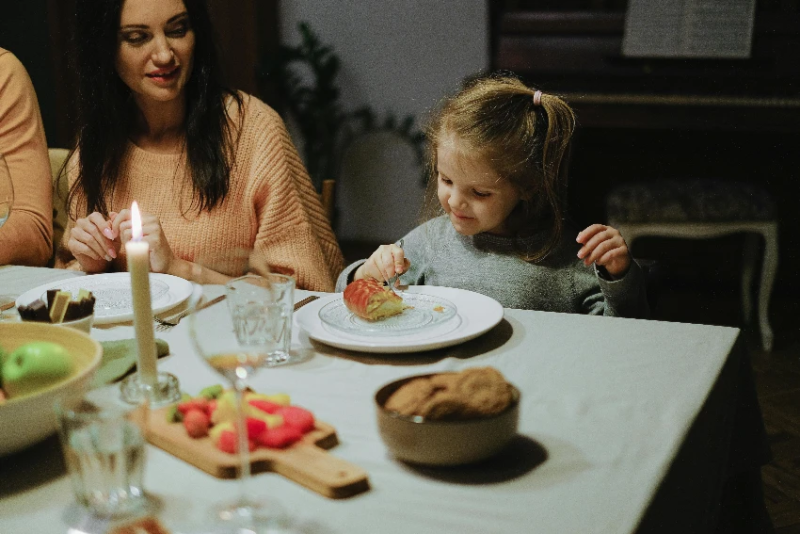Knowing how to get out of an unhappy marriage isn’t as simple as doing a web search for divorce lawyers. It’s not even necessarily about getting divorced.
There are two components to an "unhappy marriage" — unhappiness and marriage. And when your disappointment, sadness, or downright despair starts making you eye the front door, one or both is the motive. You’re aching to get out of your unhappiness, your marriage, or both.
Some people truly want — and may need — to know how to get out of an unhappy marriage. Abuse, addiction, and ongoing and unrepented infidelity are reasons that warrant the end of a marriage.
The best way to get out of an unhappy marriage without getting divorced — or even separating — is to practice detachment.
 Prostock-studio / Shutterstock
Prostock-studio / Shutterstock
If your relationship has been plagued with chronic annoyances and unresolved arguing, detachment can create some breathing room.
It doesn’t solve the problems or the irritating behaviors that trigger your ire, but it allows you to not be affected by their consequences. Detachment is the practice of allowing each person to be themselves without judgment, criticism, or expectation to change. In a sense, you're walking away without walking away.
You get to shift your focus to yourself and your self-care. Since you no longer have to balance your own wants and needs against the interdependence of the marriage, you can emotionally exhale.
What does detachment look like and why would you choose it? It looks civilized, respectful, and polite.
It doesn’t have the cozy affection of early love, but uniquely, it still demonstrates love. Conversations are more neutral and the focus is shifted away from the relationship.
If you have children, detachment can be a viable way to keep the family "together," despite the change in marital expectations. Children get to see their parents speaking respectfully to one another. The arguing is gone — or at least minimized — and the focus shifts to common priorities, like raising kids and making a smoothly running home front.
Even favorite rituals can — and should — be maintained, like eating dinner together, celebrating holidays as a family, and going to school functions. What's important here is letting go of the need to fix the other person. By doing so, you can find peace and work on your growth.
 Anna Shvets / Pexels
Anna Shvets / Pexels
Detachment is similar to a parenting marriage, in the sense that you're in the same household, but it's simply just that — a marriage based on co-parenting.
Your focus is on the kids, their needs, and managing and maintaining the home for their well-being. A parenting marriage can also help you maintain financial security. After all, financial devastation or inequity is one of the primary reasons couples in unhappy marriages don’t divorce. Divorce can be expensive, with one survey done by Nolo, that found that divorce lawyers average for $270 an hour.
A parenting marriage also allows children to grow up with both parents without having their lives divided between two homes. As long as you and your spouse have a foundation of mutual respect, healthy communication, and united decision-making, it can work.
There's also the Living Apart Together (LAT) Marriage. In this case, you physically separate but live interdependently. You don’t have to divide financial assets, but you do have the additional rent or mortgage.
In a LAT marriage, you both have space to physically separate and get away from triggering behaviors. But, as with the parenting marriage, you're still contributing physical, emotional, and financial resources to a common goal.
These are just a few options to cope with an unhappy marriage without divorcing. You may not be able to fix your unhappy marriage, but you can be respectful and trustworthy, and things can work out.
Every effort should be made to save your marriage and revitalize it. One way or another, changes are going to have to be made. Getting some professional help now can help you with that process or even with ending your unhappy marriage without divorcing.
Mary Ellen Goggin and Dr. Jerry Duberstein offer relationship coaching for individuals, and offer private couples retreats and couples counseling. They are co-authors of the book Relationship Transformation: How to Have Your Cake and Eat It Too.
This article was originally published at The Free & Connected blog. Reprinted with permission from the author.



